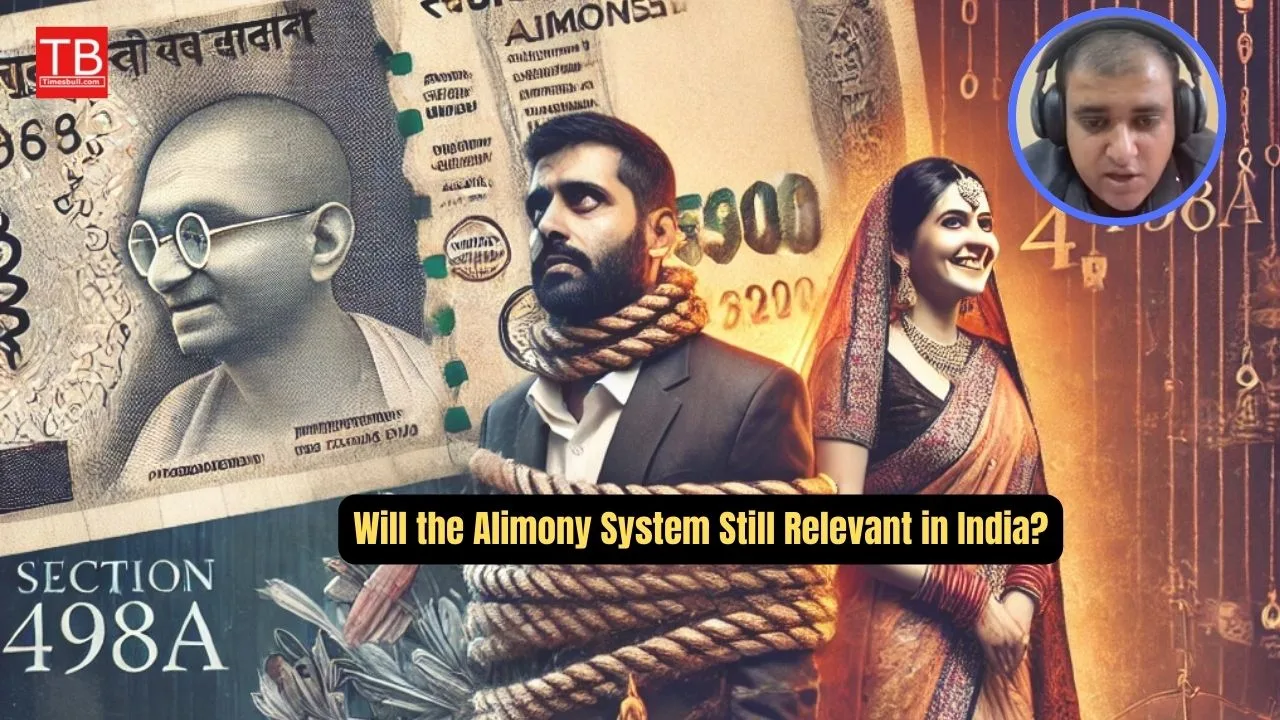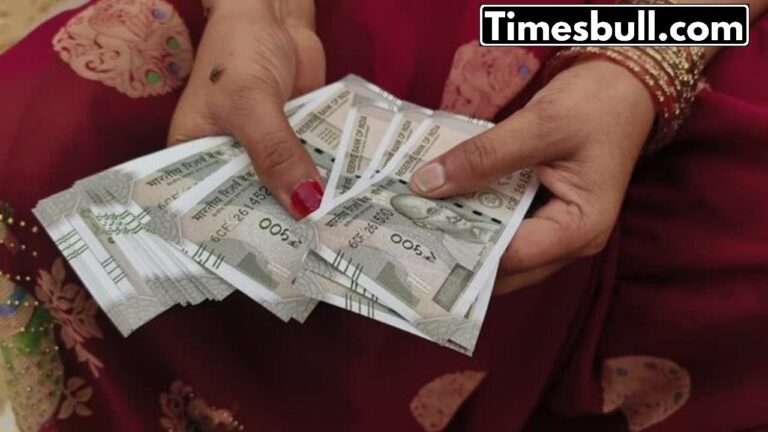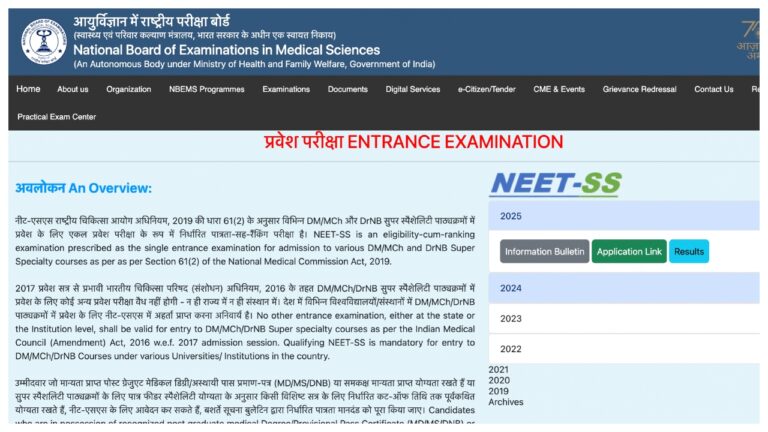Recently, Bengaluru techie Atul Subhash, a 34-year-old deputy general manager at a private firm, died by suicide on December 9, leaving behind a 24-page note alleging harassment by his wife and her family. After his death, the media and public have started thinking deeply about this matter. Generally, it is suspected that Atul died due to issues related to alimony. It has also been observed that many people have taken their own lives due to the pressures of alimony and dowry. These two systems are becoming increasingly distressing for Indian people.
The Indian Government has taken some serious steps against dowry, but the practice still persists in India. However, it appears that the government has not taken any significant action against alimony.
In this article, we will discuss whether dowry and alimony are truly necessary in the 21st century, the situations in which they are required or not, their benefits, and the laws associated with these matters.
What is Dowry?
Dowry is rooted in the patriarchal belief that a woman is a liability to her family. Traditionally, it involves the bride’s family providing gifts such as jewellery, furniture, and valuable items to the groom’s family. This custom is deeply embedded in Indian culture, where the value of these gifts is seen as a reflection of the family’s status.
Even educated and financially independent women often face pressure to provide dowry. In some cases, grooms and their families demand substantial dowries, with marriages depending on the ability to meet these demands. In some instances, the pressure continues after marriage, leading to abuse, torture, and in extreme cases, murder or suicide.
Suicide case of Atul Subhash, a techie in Bengaluru, must be investigated.
He mentioned in his note:
1. His wife demanded Rs. 2 lakh per month as maintenance despite working in a multinational company.
2. A judge demanded Rs. 5 lakh to settle the case.
3. Court ordered him to… pic.twitter.com/no4fCEIri3
— Anshul Saxena (@AskAnshul) December 10, 2024
Indian Government Against Dowry
Killing newly married women for dowry is widespread in India. Despite various state and national initiatives, laws, campaigns, and educational programs, the murder of women by their husband’s families continues. According to the National Crime Records Bureau, 7,634 women died in 2015—about 20 every day—due to dowry harassment, either through murder or suicide.
Although dowry is illegal in India, the government has recognized its harmful effects and enacted laws like the Dowry Prohibition Act of 1961 to combat this practice. However, enforcing these laws remains challenging due to deeply rooted cultural norms. Laws such as the Dowry Prohibition Act and relevant provisions in the IPC aim to limit dowry’s impact, but enforcement alone is not enough. Addressing this issue requires collective efforts to change societal attitudes, empower women, and promote equality.
What is Alimony?
Alimony (maintenance, support, or sustenance) is financial support provided to a spouse after a divorce. It is generally awarded when one spouse does not have enough resources to meet their basic needs. Although alimony can be granted to either spouse, it is typically awarded by the husband to the wife.
Types of Alimony in India
There are two types of alimony in India:
- Interim maintenance: Amount provided during the court proceedings.
- Permanent maintenance: Amount given at the final stage of legal separation.
Is It Mandatory to Pay Divorce Alimony in India?
Not every ex-spouse must pay divorce alimony, granted only when the recipient cannot support themselves. It can be temporary or permanent, depending on the circumstances. The court considers factors like marriage duration, earning capacity, and time needed to re-enter the workforce. If one spouse has been the primary breadwinner and the other is financially dependent, alimony is typically awarded. For example, if a wife stops working to care for children, the husband may have to pay alimony until she becomes financially independent. Alimony can be temporary or long-term, depending on the situation.
Will the Alimony System Continue in India?
It is unlikely that the alimony system will be completely abolished in India, as it serves to protect the financially dependent spouse after divorce. However, significant reforms are being discussed to make the system more equitable. The current alimony laws are outdated and heavily favor women, often overlooking cases where men may be the financially dependent party. Reforms are calling for a gender-neutral approach, time-limited alimony, and consideration of both parties’ financial contributions and independence. The focus is on creating a balanced legal framework that treats each case fairly, reflecting the changing family dynamics in contemporary society. As calls for alimony reform increase, the system is expected to evolve, ensuring justice for both men and women.










